Category:Democracy and Voting


Is Money Speech?
September 20, 2012 | Video
The first amendment to the U.S. Constitution says, “Congress shall make no law . . . abridging the freedom of speech.” Does that freedom extend to the way people spend their money? Is money a form of speech? Professor Bradley Smith shows how money is needed to communicate ideas and to establish organizations. For example, […]
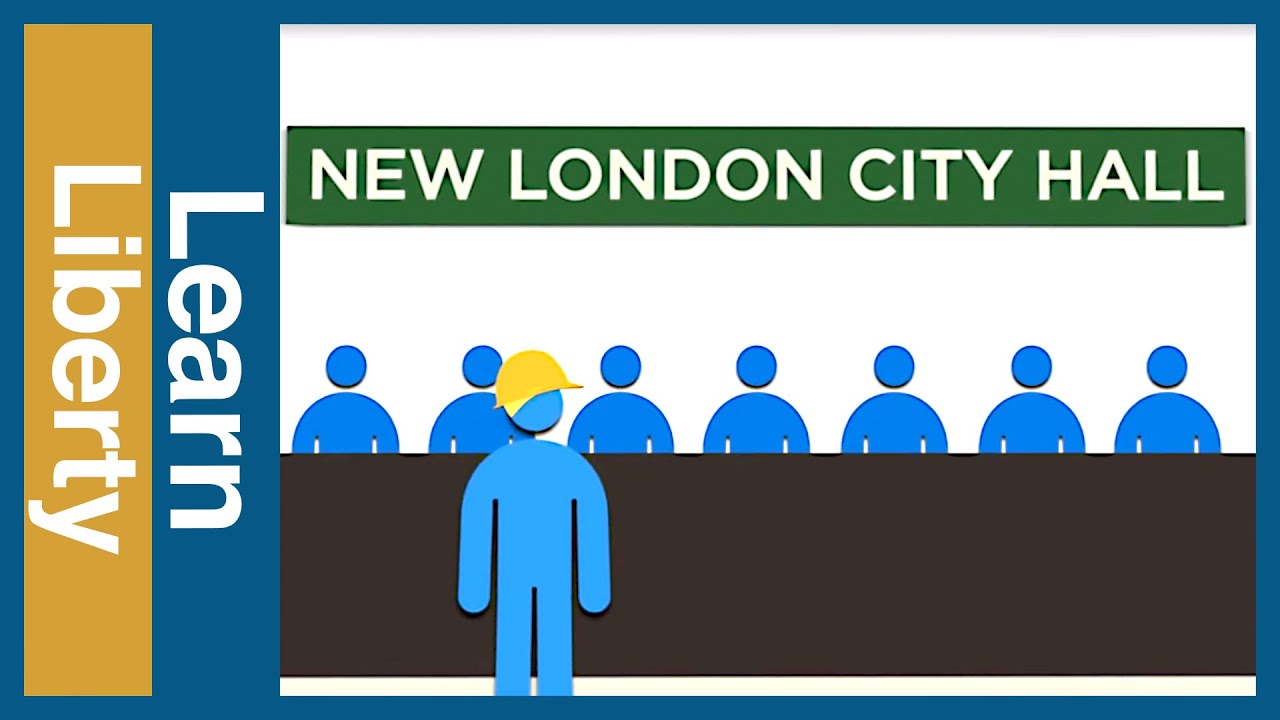
Should Majorities Decide Everything?
September 12, 2012 | Video
In this video, Professor Munger reminds us of the difference between democracy and majority rule. Democratic constitutions establish not only the process by which decisions will be made, but also the limits on kind of things can be voted on. This prevents the majority from deciding everything. He warns, however, that these limits on what […]

Should the Government Track Your Political Activity?
September 12, 2012 | Video
Professor Brad Smith asks you to imagine the following scenario: at the height of the War on Terror, the government passes a second PATRIOT Act. This law would require you to report all your political activity to the government, including the campaigns you support. The government would then put that information into a database available […]

Who Needs Economic Freedom When You Can Vote?
August 2, 2012 | Video
Although everyone agrees that freedom is important, political freedoms are often prioritized over economic freedoms. Many believe that the best way to maximize personal freedom is to furnish each individual with an equal voice in the democratic decision-making process. After all, the logic goes, how can you be unhappy with a choice that you had […]
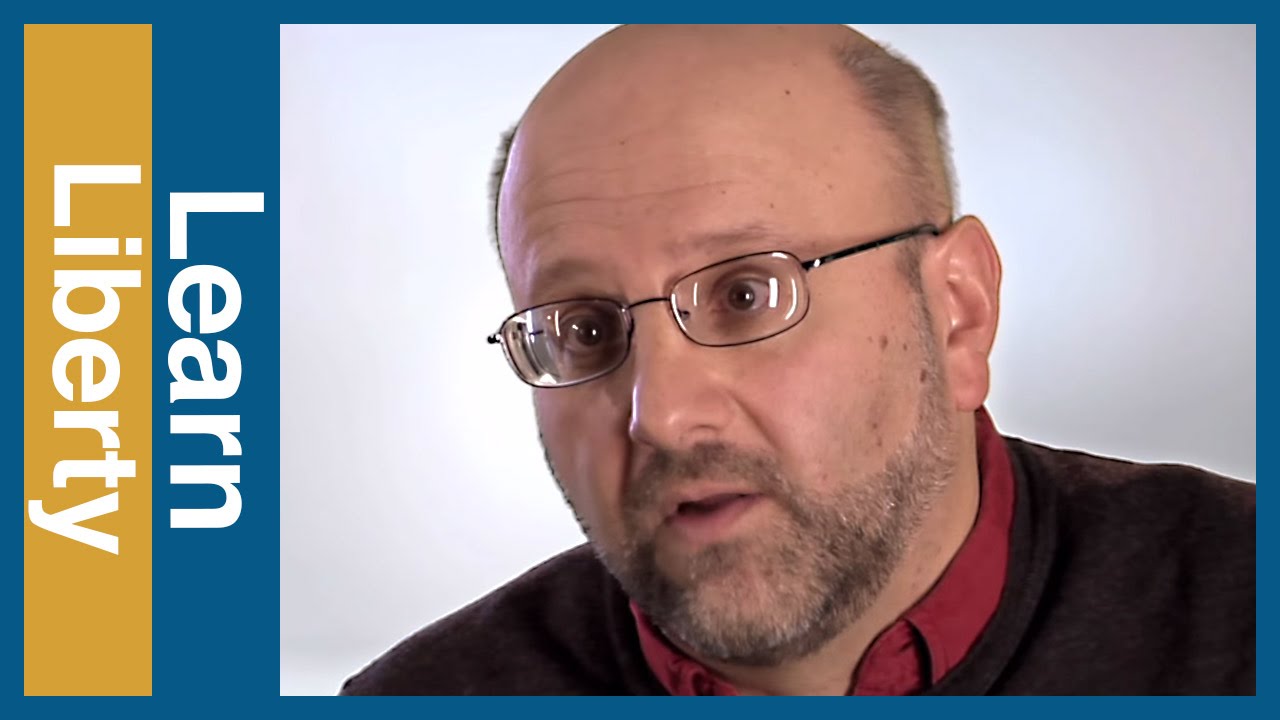
Are Corporations People?
May 7, 2012 | Video
Are corporations people, or are they something else? Corporations are made up of people – including employees, shareholders, and executives. So, are corporations distinct from the people that comprise them? Economics professor Steven Horwitz addresses this question. Today, many people say we should raise the corporate income tax as a way to tax the rich, […]
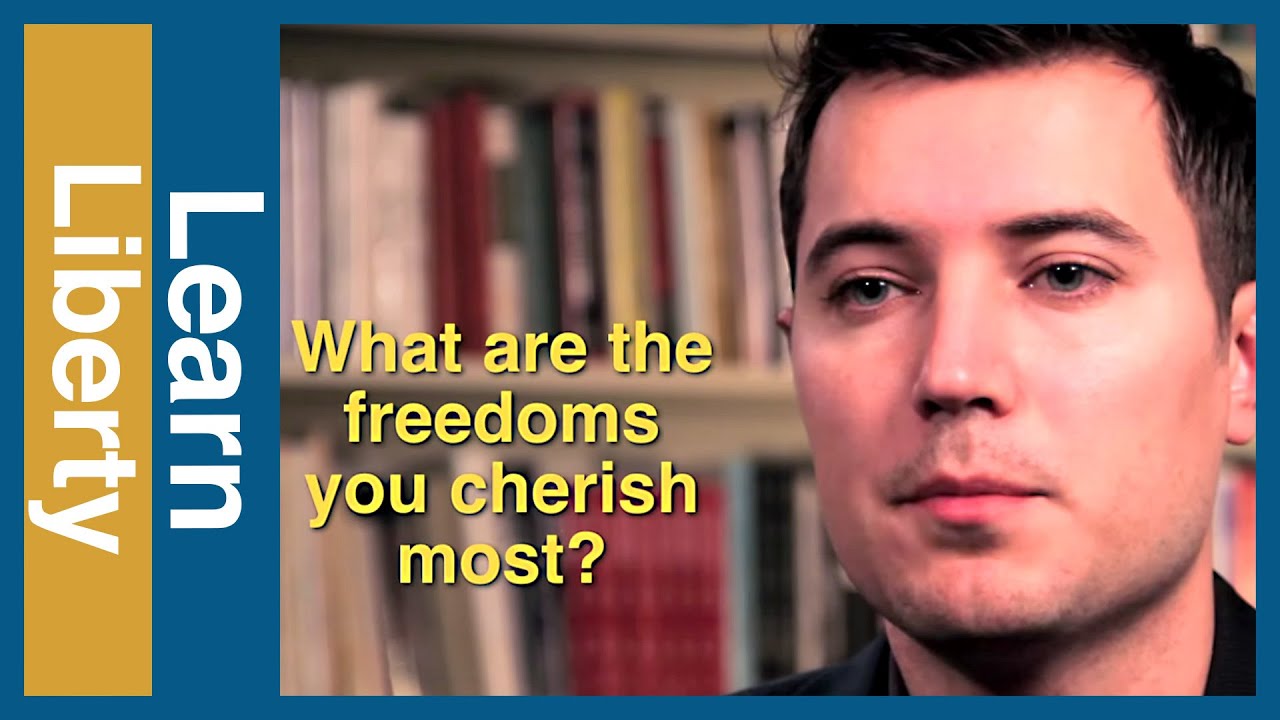
What are the Limits of Democracy?
February 24, 2012 | Video
People often associate freedom with electoral democracy. According to Prof. Pavel Yakovlev, the freedom to vote is an inherently limited tool for fostering a free society. Although majority vote can serve as a useful tool for expressing the will of the people, it can be taken too far. Imagine a world governed entirely by majority […]

Democracy, Tyranny, and Liberty
October 6, 2011 | Video
Do democracies promote freedom? According to Prof. Aeon Skoble, it is definitely possible for democracies to promote freedom, but it is not a guarantee. This is due to a few flaws inherent in democratic systems: Majority belief in something does not necessarily mean that it’s true. Majorities are capable of being just as tyrannical as […]
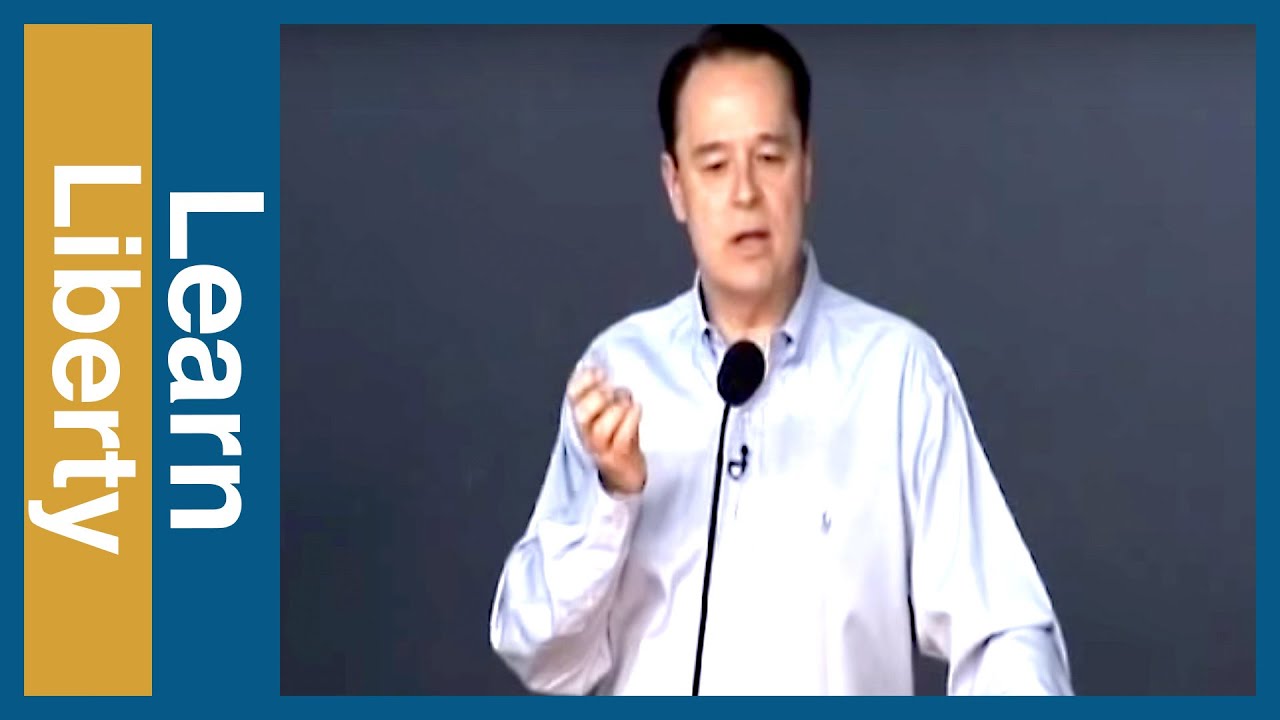
The Politics of Freedom
May 13, 2011 | Video
According to David Boaz, executive vice president of the Cato Institute, libertarianism is the application of science and reason to the study of politics and public policy. By focusing on the actual effects of policies, libertarians understand that intentions do not equal outcomes. As such, libertarians understand that private property, free markets, and tolerance are […]
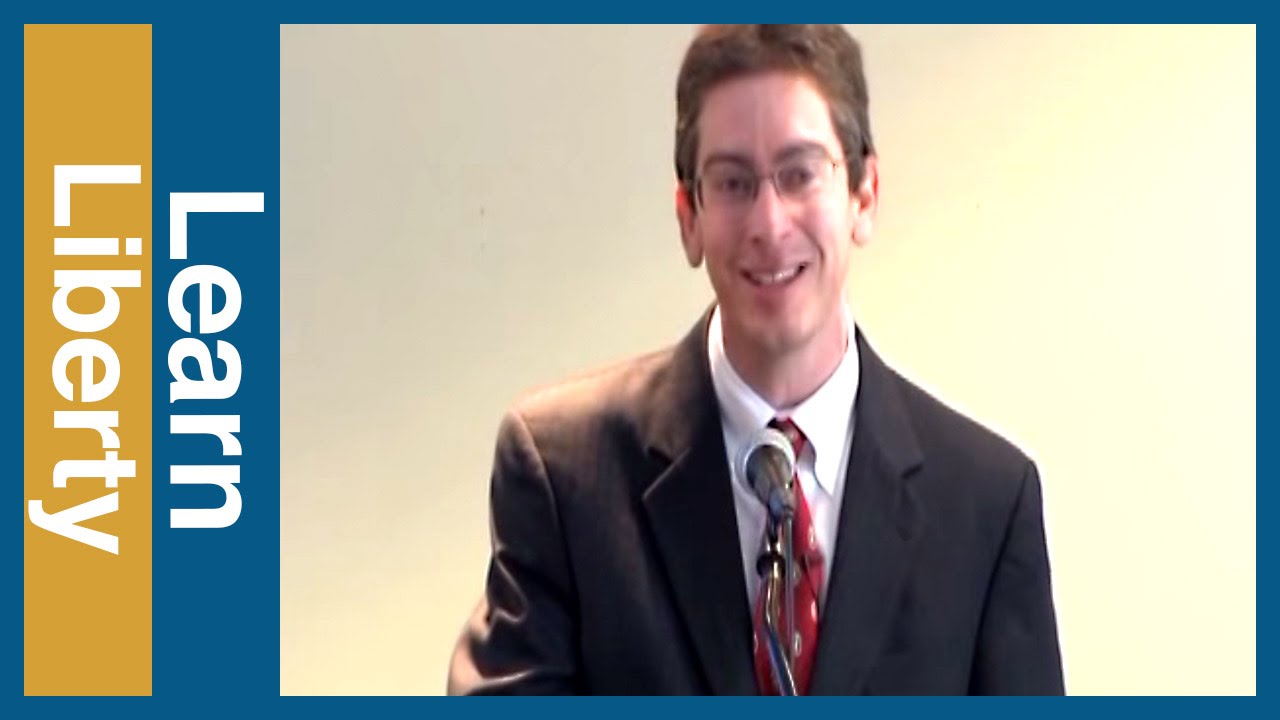
Myth of the Rational Voter
April 25, 2011 | Video
Prof. Bryan Caplan discusses his controversial book, The Myth of the Rational Voter: Why Democracies Choose Bad Policies. His thesis is that a majority of voters err in their thinking on economics issues, and that these errors can be grouped under 4 different irrational biases, which Caplan calls the make-work bias, the anti-foreign bias, the […]

